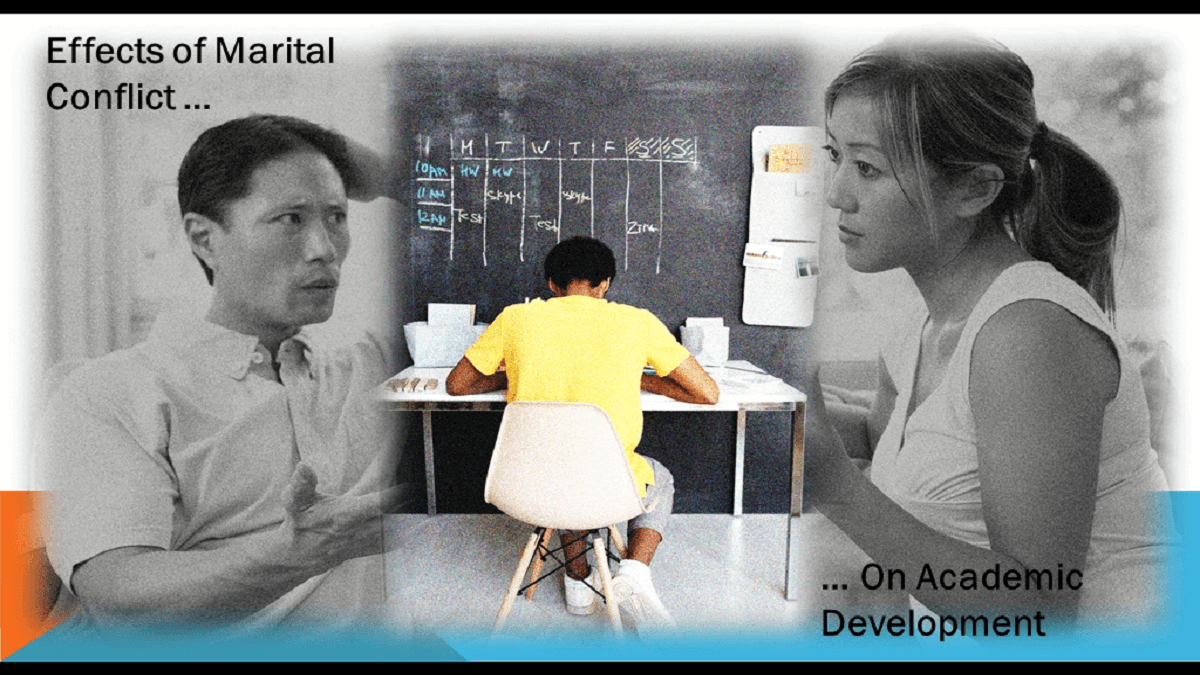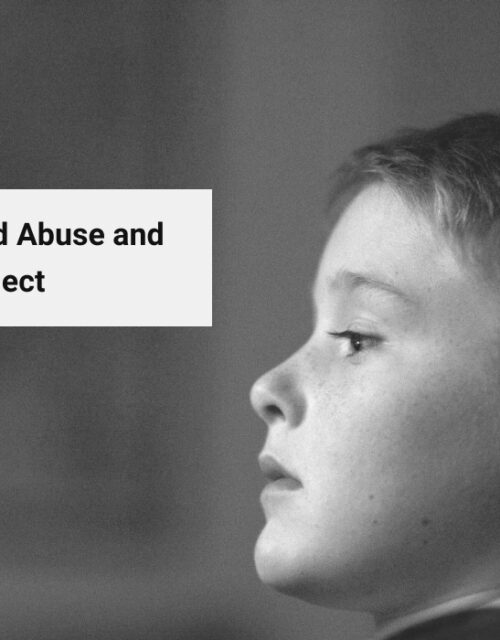The study involves the effects of marital conflict on the academic development of students in senior secondary schools in the Umuahia Education Zone. The problem of this research is focused on the incessant examination malpractices experienced at all levels of education and the declining quality of graduates at all levels of education in Nigeria.
The study evaluated four research questions. The survey method through the use of questionnaires was used to collect the information. One hundred and eighty-five randomly selected teachers in 15 church-administered secondary schools were used. A total of two hundred and twenty-five questionnaires were distributed to 90 male teachers and 95 female teachers in 15 church-administered secondary schools in the Umuahia education zone; of these one hundred and eighty-five questionnaires were returned and validated.
After data collection, the analysis was done, where the collected information was interpreted to meet the objectives of the study. The study found that marital conflict significantly affects the academic development of students in Senior Secondary Schools. Similarly, the study affirms that marital conflicts have effects on the psychomotor development of senior secondary school students.
Furthermore, responses from both male and female teachers echo that marital conflicts have effects on the cognitive development of senior secondary school students. Finally, the study positively affirms that marital conflicts have effects on the affective development of senior secondary school students.
To ensure that marital conflicts do not ruin the future of secondary school students, who are the supposed future of tomorrow, the study recommends that Married couples should stop reprimanding each other openly in the presence of their children. Married couples should stop reprimanding each other openly in the presence of their children. Also, it was recommended that spouses who are experiencing marital pressure should try to strike a balance between home activities, family issues, and their children’s academic work.
Furthermore, married couples should try by sponsoring the education of their children to avoid them from dropping out of school; this will help them to concentrate on their academics and to obtain good grades. Moreover, it was recommended that secondary schools at all levels should have strong guidance and counseling units to assist all the students in need of special attention.
It was recommended that the Ministry of Education and other governmental agencies in collaboration with schools and religious organizations should work together to develop training programs on love, marriage, and care for parents to educate society on the importance of love and family care for healthy families, communities and society in general.
The study has contributed the following to the body of knowledge: the researcher has tried to shift the focus to the issues that lead to marital conflicts without particular emphasis on divorce. The researcher also used church-administered secondary schools which has not been used by other studies.
Finally, the researcher’s concentration on the study was not on the effects of marital conflicts on students’ grades but rather on academic development which encompasses cognitive development, psychomotor development, and affective development. In conclusion, this study establishes that marital conflicts significantly affect students’ academic development. It especially affects their cognitive, psychomotor, and affective development which affects their overall academic development.
Recommended Research Papers:












